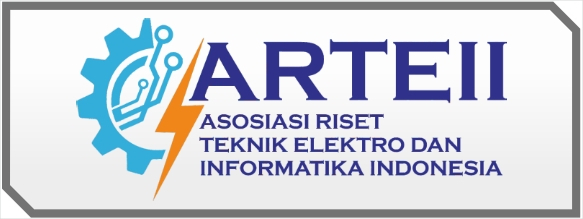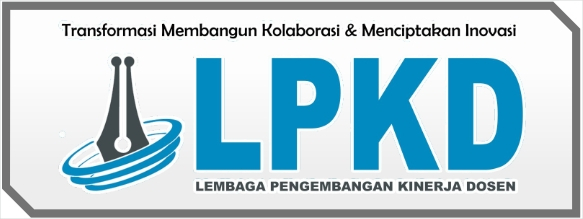The Influence Of Lambe Turah's Account Postings On The Driving Of Netizens' Opinions
DOI:
https://doi.org/10.55606/juitik.v3i2.460Keywords:
Social Media, Lambe TurahAbstract
The emergence of social media platforms has revolutionized the way information is disseminated and opinions are formed. Lambe Turah, an influential anonymous social media account, has gained considerable attention for its provocative and controversial postings. This study aims to investigate the influence of Lambe Turah's account postings on the driving of netizens' opinions. To achieve this objective, a mixed-methods approach was employed, combining qualitative content analysis and surveys. First, a systematic analysis of Lambe Turah's posts and interactions was conducted to identify the prevalent themes, sentiments, and techniques employed. The analysis was followed by surveys administered to a diverse sample of netizens to assess their exposure to Lambe Turah's posts and the subsequent impact on their opinions. Preliminary findings suggest that Lambe Turah's account postings have a significant influence on shaping netizens' opinions. The account's ability to generate attention, controversy, and engagement plays a vital role in drawing users' attention to particular issues and framing public discourse. Moreover, the anonymous nature of Lambe Turah enables it to disseminate information without being directly accountable, potentially impacting the credibility and verifiability of the shared content. However, the study also acknowledges the potential risks associated with Lambe Turah's influence. The spread of misinformation, polarization, and the amplification of hate speech are observed as potential negative outcomes resulting from the account's postings. These findings emphasize the importance of critical thinking, media literacy, and responsible consumption of social media content to mitigate the potentially detrimental effects of anonymous accounts like Lambe Turah.
References
Babbie, E. (2016). Babbie, E. (2016). The Practice of Social Research. Cengage Learning. In The Practice of Social Research. Cengage Learning.
Brown, B. A. (2013). Primitive Digital Accumulation: Privacy, Social Network, and Biopolitical Exploitation. Rethinking Marxism, 25(3).
Chirita, A. D. (2018). The Rise of Big Data and the Loss of Privacy. Springer Nature.
Creswell, J. W., & Plano Clark, V. L. (2017). Designing and Conducting Mixed Methods Research. Sage Publications.
Krippendorff, K. (2018). Content Analysis: An Introduction to Its Methodology. Sage Publications.
Lipschultz, J. H. (2017). Social Media Communication: Concepts, Practices, Data, Law and Ethics. Routledge.
Rice, Stephen K & Parkin, W. S. (2016). Social Media and Law Enforcement Investigations. Oxford University Press.
Soekanto, S. (2015). Pengantar Penelitian Hukum. UI-Press.
Sugiyono. (2017). Metode penelitian kuantitatif, kualitatif, dan R&D. Alfabeta.
Zuckerman, E. W. (2013). Motivation, Opportunity, and Legal Constraints: Precursors to the Unauthorized Disclosure of Confidential Information about a Wrongdoing. Administrative Science Quarterly, 58(2), 295–330.
Downloads
Published
How to Cite
Issue
Section
License
Copyright (c) 2023 Jurnal Ilmiah Teknik Informatika dan Komunikasi

This work is licensed under a Creative Commons Attribution-NoDerivatives 4.0 International License.




















